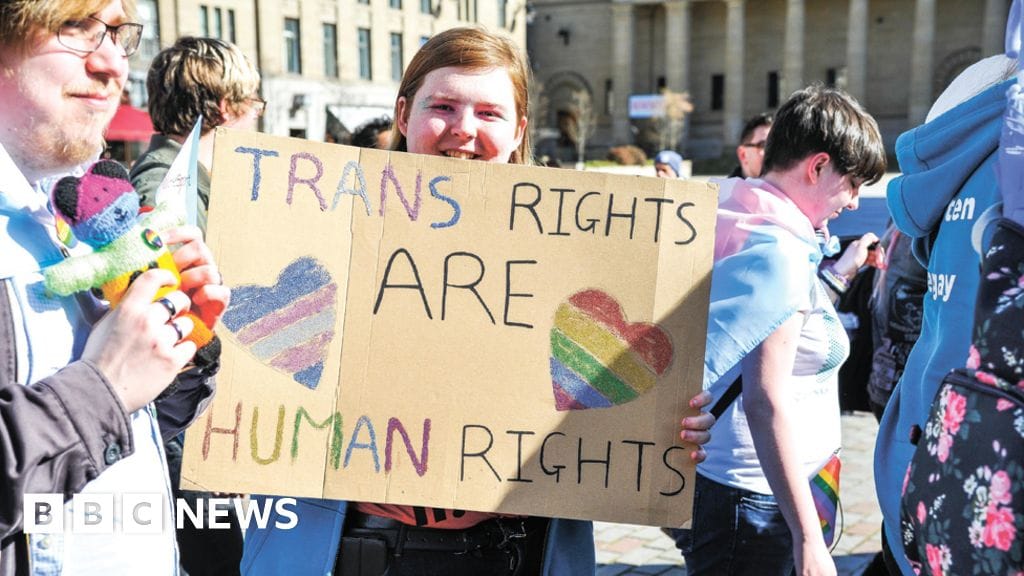In a landmark case set to be heard by the U.S. Supreme Court, the battle over transgender rights has taken an unexpected turn as conservative groups in the United States seek support from European allies. This move is indicative of a broader transatlantic dialogue on gender identity and rights, showcasing differing cultural attitudes toward transgender individuals and their rights.
The case, which centers on the rights of transgender students in schools, has drawn significant attention from various advocacy groups. Conservative organizations, traditionally opposed to the expansion of transgender rights, are now turning to European nations that have adopted more restrictive policies regarding gender identity. Countries like Hungary and Poland, known for their conservative stances, have become unlikely allies for American conservatives, who are framing their arguments around parental rights and the protection of children.
In Europe, the debate over transgender rights has been contentious, with several countries enacting laws that limit the rights of transgender individuals. For instance, Hungary’s government has implemented regulations that restrict legal gender recognition for transgender people, while Poland has seen a rise in anti-LGBTQ+ rhetoric and policies. These developments have resonated with American conservatives who argue that the U.S. should adopt similar measures to protect traditional values.
Supporters of transgender rights in the U.S. are alarmed by this transatlantic alliance, fearing that it may embolden conservative lawmakers to push for more restrictive measures at home. Organizations such as the Human Rights Campaign and the American Civil Liberties Union (ACLU) have been vocal in their opposition, arguing that the rights of transgender individuals should not be compromised in the name of political expediency.
The Supreme Court case comes at a time when transgender rights are under increasing scrutiny in the U.S. Several states have introduced legislation that seeks to limit access to gender-affirming care for minors, while others have attempted to restrict participation in sports for transgender athletes. As these issues gain traction, the Supreme Court’s ruling could set a significant precedent for the future of transgender rights in America.
Legal experts suggest that the court’s decision could have far-reaching implications, not only for transgender individuals but also for the broader landscape of civil rights in the United States. The involvement of European conservative perspectives may complicate the narrative, as it introduces an international dimension to a domestic issue.
As the Supreme Court prepares to hear arguments, the implications of this case extend beyond the courtroom. It reflects a growing divide between progressive and conservative ideologies regarding gender identity, with Europe serving as a backdrop for this crucial debate. The outcome of this case could redefine the parameters of transgender rights in America and influence future legislative efforts across the country.
In conclusion, the Supreme Court battle over transgender rights is not just a national issue; it has become a focal point for a global conversation about identity, rights, and the role of government in personal matters. As American conservatives look to Europe for support, the implications of this transatlantic alliance will likely resonate in the ongoing struggle for equality and acceptance for transgender individuals in the United States and beyond.



